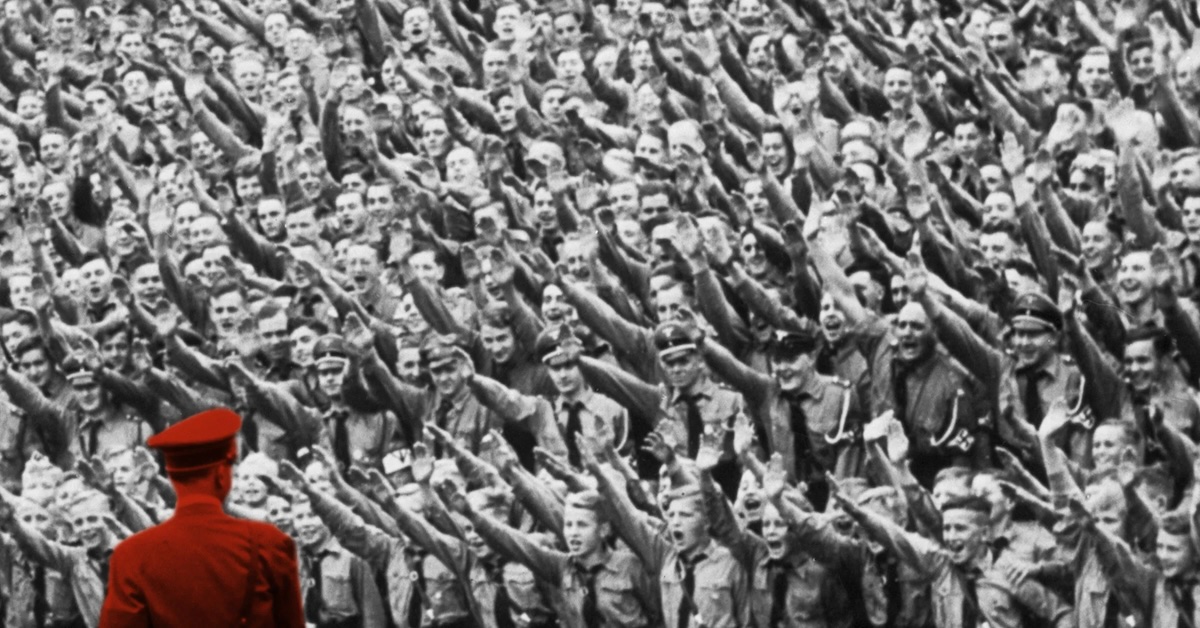Psychology of the Masses by Gustave Le Bon explores the dynamics and behavior of crowds through in-depth analysis and historical examples. Le Bon, a renowned French social psychologist and sociologist, delves into the psychological underpinnings of mass behavior to uncover how individuals in groups exhibit different behaviors compared to when they are alone. This book aims to provide a comprehensive understanding of crowd psychology, making it a valuable resource for psychologists, sociologists, historians, and anyone interested in the mechanisms of mass movements.
Summary of Content
Psychology of the Masses revolves around three core themes: The Nature of Crowds, The Influence of Leaders, and The Psychology of Social Movements. Le Bon argues that individuals in crowds lose their sense of self and become part of a collective mind. He further details how leaders can manipulate crowds through suggestion and how various social movements gain momentum and influence. These themes are illustrated through historical examples from political revolutions to religious movements, highlighting key insights into human behavior.
“The crowd is always intellectually inferior to the isolated individual.” – Gustave Le Bon
Key Concepts & Ideas in “Psychology of the Masses” by Gustave Le Bon
The book identifies several key concepts:
- The Collective Mind: Le Bon explains that individuals in a crowd lose their individuality and adopt a collective mindset, leading to behaviors that they would not exhibit alone. This collective mind is driven by emotions rather than rational thought.
- Role of Suggestion: Suggestion plays a crucial role in crowd behavior. Leaders or influential figures can direct the actions and beliefs of the crowd through persuasive suggestions, often bypassing rational thinking.
- Contagion: The phenomenon of contagion in crowds refers to how ideas and emotions spread rapidly among individuals, leading to unified action and belief.
- Anonymity: In a crowd, individuals feel a sense of anonymity which diminishes personal responsibility. This can result in behaviors that are more extreme and unrestrained.
- The Influence of Leaders: Leaders who understand the psychology of crowds can exert significant influence by appealing to emotions, providing simple and direct ideas, and presenting themselves as confident and authoritative figures.
- The Unconscious Nature of Crowd Behavior: Much of crowd behavior is unconscious and driven by instinct rather than deliberate thought. This unconscious nature makes crowds highly volatile and unpredictable.
- Social Movements: Le Bon examines how social movements form and gain traction, emphasizing the role of collective psychology in shaping political and social change.
Key Learnings & Messages from “Psychology of the Masses”
The key takeaway from Psychology of the Masses is that crowds are driven by a collective unconscious that can be easily influenced by leaders and circumstances. By understanding the mechanisms of suggestion, contagion, and the collective mind, we can better comprehend how mass movements arise and how individuals behave differently in groups. Le Bon emphasizes the power of emotions and instincts in driving crowd behavior, providing valuable insights for those looking to understand or influence mass dynamics.
“The masses have never thirsted after truth. They demand illusions.” – Gustave Le Bon
Critical Reception of “Psychology of the Masses”
Critics have praised Psychology of the Masses for its pioneering insights into crowd psychology and its historical examples. The book has been noted for its clear and engaging writing style. However, some critics argue that Le Bon’s views can be overly deterministic and lack consideration for the rational aspects of human behavior. Despite this, the overall reception has been positive, with many appreciating its foundational contributions to the field of social psychology.
Purchase “Psychology of the Masses” by Gustave Le Bon Online
You can order Psychology of the Masses by Gustave Le Bon online at Amazon.
Related Readings for “Psychology of the Masses”
Readers interested in Psychology of the Masses also enjoyed:
- The Crowd: A Study of the Popular Mind by Gustave Le Bon, which explores similar themes in greater detail.
- The True Believer: Thoughts on the Nature of Mass Movements by Eric Hoffer, delving into the psychology behind mass movements.
- Extraordinary Popular Delusions and the Madness of Crowds by Charles Mackay, examining historical examples of crowd psychology.
- Influence: The Psychology of Persuasion by Robert B. Cialdini, covering related aspects of persuasion and influence.
Please note: All links to amazon.com are affiliate links which support the authors of mentua.org with a very small percentage of any sale.
Conclusion: Why You Should Read “Psychology of the Masses” by Gustave Le Bon
Psychology of the Masses offers valuable insights into the nature of crowd behavior and the psychological mechanisms that drive mass movements. This book is particularly beneficial for anyone interested in social psychology, history, or political science. By understanding Le Bon’s analysis, readers can gain a deeper appreciation of the power of collective behavior and the factors that influence it.
